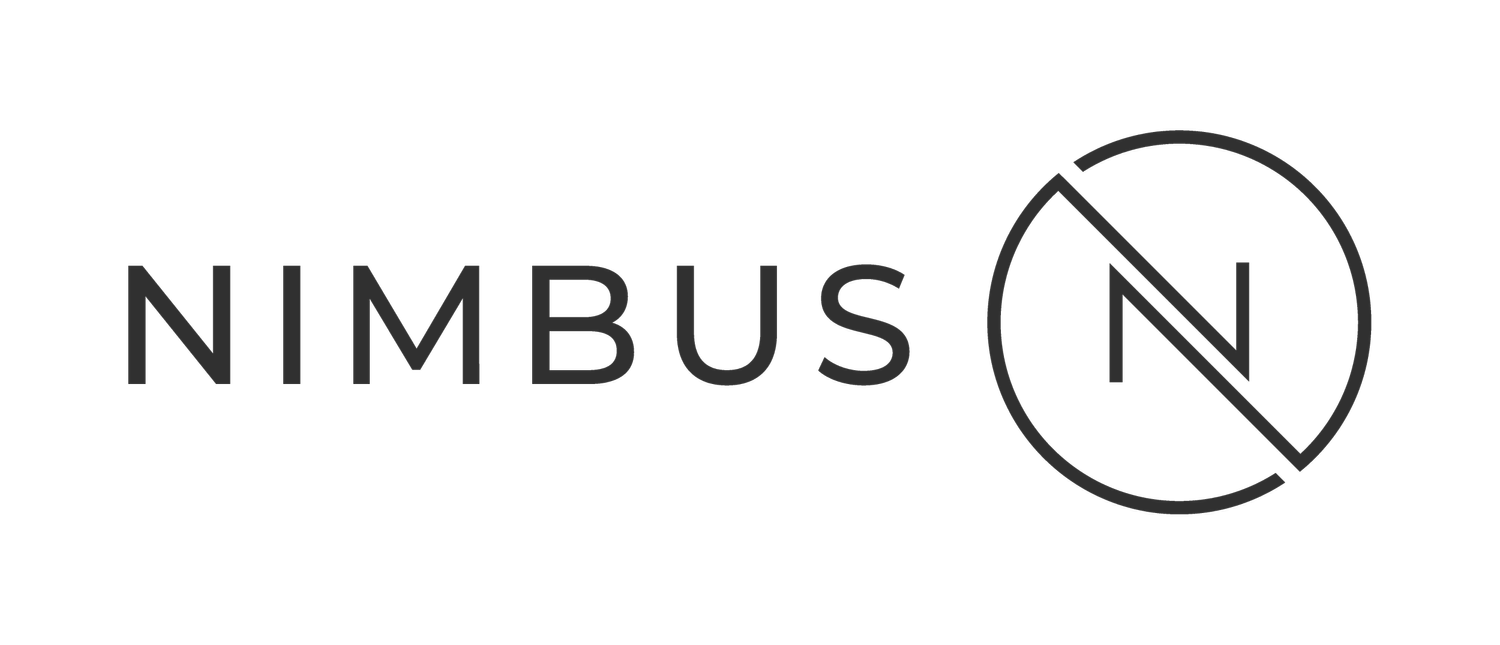Navigating the documentation requirements for operating a food business in NYC
Starting and running a food business in New York City is an exciting venture, but it comes with its own set of legal and administrative challenges. The city's regulatory environment is designed to ensure that food businesses operate safely and responsibly, protecting both the consumer and the business owner. This blog post provides a comprehensive guide to the documentation required to operate a food business in NYC.
Overview of documentation categories
In New York City, the documentation requirements for food businesses fall into three main categories, each governed by different authorities:
Department of Health (DOH)
Department of Agriculture (DOA)
Research and Development (R&D)
Each category has specific documentation and permits necessary for legal operation, tailored to the nature of the business.
Department of Health
The Department of Health oversees food businesses that produce food for immediate consumption and serve it directly to the public. Examples include catering services, food delivery operations, pop-up restaurants, and event-based food services.
Required Documentation
Department of Health Permit:
Depending on the type of business and location, you may need different permits, such as the H25 Food Establishment Permit or a Temporary Food Establishment Permit.
If you are operating in a shared kitchen, operating under the Nimbus Shared Kitchen permit might apply to you based on the location.
Food Protection Certificate (FPC):
A supervisor with an FPC must be on duty during all operational hours.
The certificate can be obtained by completing the Food Protection Course online for free and passing the final exam.
Certificate of Authority (COA):
This certificate is necessary for tax purposes and must be obtained from the New York State Department of Taxation and Finance.
You can apply for the COA online here.
Department of Agriculture
The Department of Agriculture regulates businesses that produce packaged food products for delayed consumption. These products may be sold wholesale or directly to consumers. Examples include consumer packaged goods, wholesale bakeries, and meal prep services.
Required documentation
20-C Food Processing Permit:
This permit applies to food manufacturers, processing plants, wholesale bakeries, and retail food establishments that prepare packaged or wholesale food.
It ensures that the food is processed under sanitary conditions and meets all regulatory standards.
The application can be found here and mailed to the Department of Agriculture, we request that you provide us with a copy of the application prior to mailing it.
Research and development (R&D)
For food businesses involved in research and development, such as chefs running recipe development or training programs, specific documentation is required to ensure compliance with city regulations.
Required documentation
Signed R&D Rider:
This document specifies that the commercial kitchen space will be used exclusively for R&D, recipe testing, or chef training.
It must clearly state that the food will not be sold or served to the public.
If the business plans to sell the food to the public in the future, it must first obtain the appropriate permits from the Department of Health or Department of Agriculture.
Insurance requirements
Regardless of the category under which your food business falls, certain insurance policies are mandatory to protect both the business and its employees. These include:
General Liability Insurance:
Covers bodily injury, property damage, and personal injury caused by the business operations.
Nimbus provides direct referral links through FLIP, Food Liability Insurance Program.
Workers' Compensation Insurance:
Provides medical and wage benefits to employees injured on the job.
Disability Insurance:
Offers partial wage replacement to employees unable to work due to non-work-related injuries or illnesses.
If your business does not have any employees other than the owners, you can apply for a Certificate of Attestation of Exemption (CE-200). This certificate exempts you from the requirement to have Workers' Compensation and Disability Insurance.
Navigating the application process
Applying for the necessary permits and insurance can be a daunting process, but breaking it down into manageable steps can help ensure that nothing is overlooked.
Determine Your Business Category:
Identify whether your business falls under the Department of Health, Department of Agriculture, or R&D category. This will guide you in understanding which permits and documentation are required.
Complete the Required Courses and Obtain Certifications:
If required, complete the Food Protection Course and obtain the Food Protection Certificate.
Apply for the Necessary Permits:
Submit applications for the relevant permits through the respective department websites. Ensure that all information is accurate and complete to avoid delays.
Secure the Necessary Insurance Policies:
Contact insurance providers to obtain General Liability, Workers' Compensation, and Disability Insurance policies. If eligible, apply for the CE-200 exemption.
Register for Tax Purposes:
Apply for the Certificate of Authority from the New York State Department of Taxation and Finance to ensure your business is properly registered for tax purposes.
Conclusion
Operating a food business in New York City requires careful attention to regulatory requirements and thorough preparation. By understanding the documentation needed for your specific business category and securing the necessary permits and insurance, you can ensure that your food business operates legally and successfully. Stay informed and proactive to navigate the complexities of NYC's food industry regulations, and your business will be well-positioned for growth and success.


